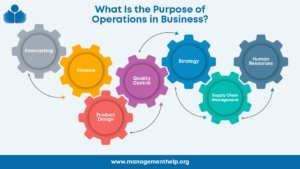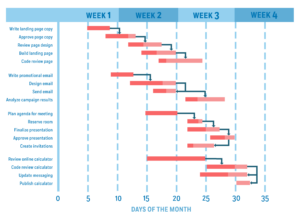The following is definitely not at the “best” end and the best and worst practices for procurement and projects
I recently had to respond to a bid for a major customer – in the customer ITT the usual procurement rules were laid down. The ITT had been written in English; by someone whose native tongue was not. The document was full of inconsistencies, incomplete or vague, and conflicting statements.
In the procurement rules in the ITT, it stated that: “no meetings or verbal discussions would take place with any of the bidders” – all communication would be done in writing, and it got worse, in one single pass. In other words, no clarification on the customer’s response to bidders’ questions would be entertained, and from this, the bidders were expected to present binding fixed-price bids.
Sadly, in the world of procurement, this is not an isolated case.
Many projects rely completely on procurement, but too often the project team’s decisions or needs are overruled by the procurement process or function – and the end result? The project has to try and fix the issues that this leaves behind or generates – and sometimes they can’t be fixed.
Surely there has to be a better way?
—————————
For more resources, see the Library topic Project Management.
—————————
 Sections of this topic
Sections of this topic














